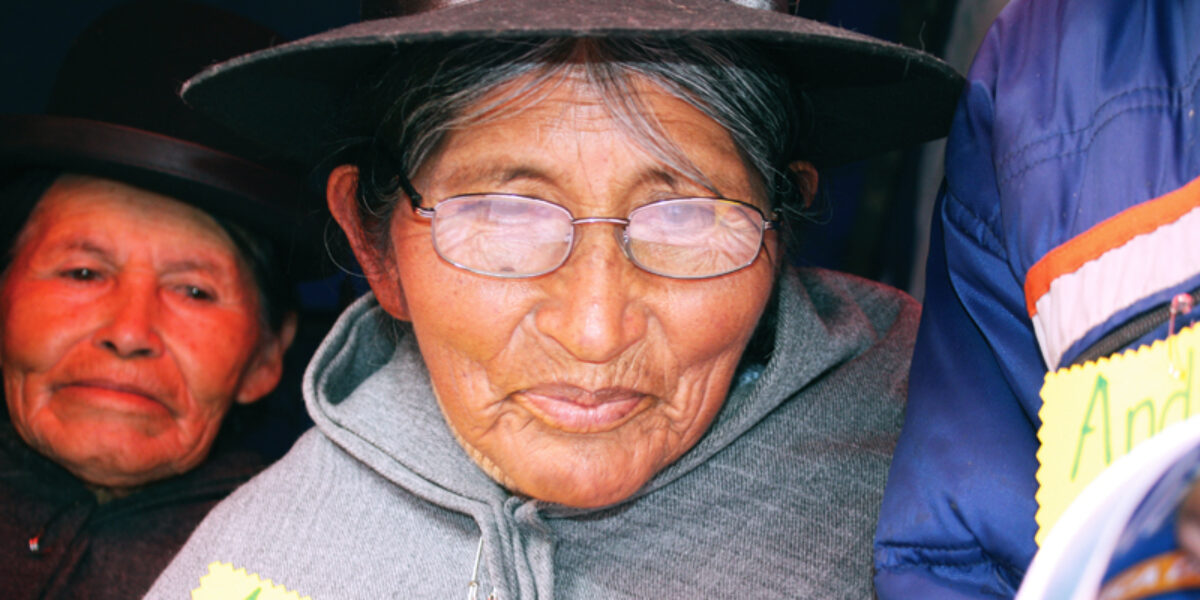A wife and mother, Aracely admits she has had a hard life
with her husband. Fueled by anger and alcohol, he frequently would physically
and verbally abuse her. Concerned for her children’s safety and her future, she
decided to look into a Scripture-based domestic violence program that she heard
about on the radio in Panama.
“[W]ith this program I have learned women and men have the
same rights and that I shouldn’t let my husband beat me, shout at me or yell at
me and abuse me. … I am learning that I am loved from the Bible and I am content.
The situation with my husband is improving a lot. … Now I can tell him the
Word of God and he is listening. Now he yells, but he is not beating me. I am
taking this Bible that I have received for him so that he can read it for
himself,” she explains.
The
Outreach
The weekly domestic violence prevention radio program
reaches an audience of 80,000, consisting mostly of Panama’s indigenous Ngobe people,
and features program facilitators addressing the same issues they discuss in face-to-face
classes. However, it is only a part of the work in Latin America and the
Caribbean.
Supported by a coalition of Bible Societies, the Scripture-based
domestic violence prevention programs are implemented in ten countries and offer
support through materials based on biblical principles. Through the program, participants
can learn how to read, which in turn allows them to experience the hope and
empowerment found in Scripture.
Participants are taught to identify, protect against, report
and heal from abuse. The Bible Societies modify the materials to best address
the unique needs of their respective communities. Successful graduates of the
literacy program are often trained to become facilitators, expanding the reach
of the project.
The curriculum for children often features topics on
bullying, harassment and physical and emotional mistreatment. “The Bible has
helped me to believe in God, and I am very happy. It has taught me to have
love, patience and do good things. I like the songs we sing, the coloring books
and the puppets. With the Bible, I have come to know Christ as my Savior,” says
nine-year-old Mauricio.
However, not all communities fully welcome
Scripture-based domestic violence prevention and literacy programs. For
example, many Ngobe have not converted to Christianity and can be suspicious of
social service projects that they consider attempts at evangelization, according
to American Bible Society’s Global Scripture Impact unit.
Despite these challenges, the program has impacted the lives
of many facilitators and participants in Panama. “The program has been an
answer of prayer for us. From the Bible we are learning values, respect,
obedience, love, peace and responsibility. … This is the foundation for the
children, and I can teach easier,” says instructor Diana Valdes.





